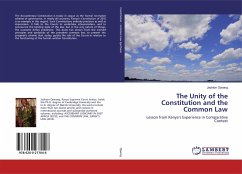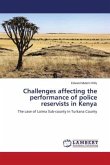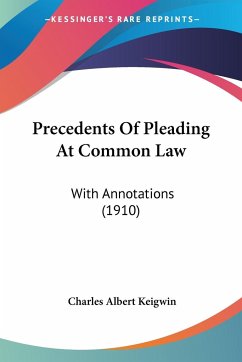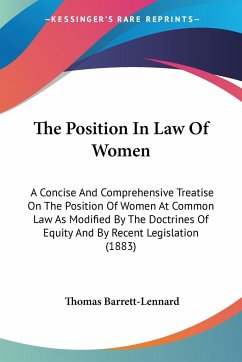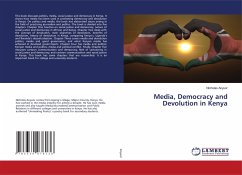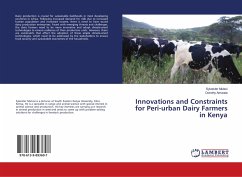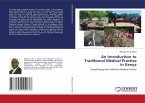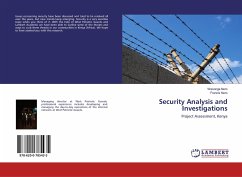The documentary Constitution is today in vogue as the formal normative scheme of governance, in nearly all countries. Kenya's Constitution of 2010 is an example in this regard. Such Constitutions embody precision as well as imprecision. It falls to the Courts to undertake interpretation, and to pronounce the binding state of the law; but in the very nature of things, the outcome defies prediction. This book has drawn from the evolved principles and yardsticks of the prevalent common law, to present the pragmatic scheme that, today, guides the role of the Courts in relation to the functioning of the formal, written Constitution.
Bitte wählen Sie Ihr Anliegen aus.
Rechnungen
Retourenschein anfordern
Bestellstatus
Storno

